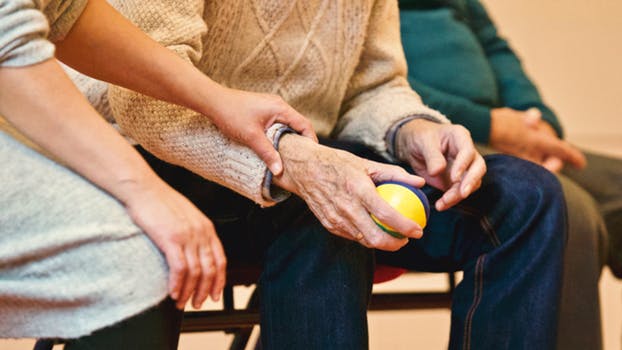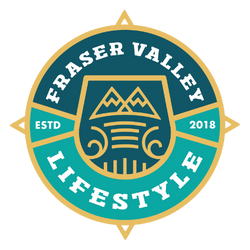Imagine you wake up one day and start to notice tingling and numbness in your toes. Worried, you see the doctor in case it’s a symptom of Diabetes. As the tests mount, the numbness turns to nerve pain. Your sleep patterns start to be severely impacted. You have trouble getting through your workday because you didn’t get to sleep till 4am and had to be up at 6:30am. Over time, you can’t seem to control your legs, your balance becomes so poor you can’t close your eyes in the shower for fear of falling. In a panic, you realize you are losing the use of your legs.
You run the gamut of tests, twice! You try any treatment you can think of – massage, naturopathy, psychotherapy, cold laser, acupuncture, cortisone shots, hot packs, cold packs, anti-depressants!
Over 4 years, you plead with your doctor to send you to a neurologist, which he refuses. In desperation, you finally change doctors only to find she spends more time away than at work. The neurologist appointment finally happens. By this time, your sick leave has run out, the insurance company is on you to get a final diagnosis to approve your long term disability claim and the neurologist thinks it’s all in your head!
Defeated, your only option is to resign from your job.
The only thing you know for sure is that you are in the Cycle of Chronic Pain.

Millions of people suffer with chronic pain.
Dr. Pat Morley-Forster, the medical director of the pain management program at St. Joseph’s Health Care in London, Ont., says that, overall, about one in five Canadians suffer from some kind of chronic pain.
“Whether it be chronic headache, chronic back pain, or pain after a surgical procedure,” she explained.
Chronic pain is different from Acute pain, which is often easily diagnosed then treated and lasts a relatively short time.
Think of a toothache or the pain following surgery. By contrast, chronic pain last beyond 3 months and is often the result of motor vehicle accidents, surgery or chronic conditions such as fibromialgia. Many causes of chronic pain go undiagnosed and are therefore difficult to treat. For years, the medical community felt that chronic pain was just a side effect of an acute condition.
But this post is about tools, not treatment.
Living a better quality of life in spite of chronic pain is possible! You just need the right tools. The University of Victoria – Institute on Aging and Lifelong Health has established a program of workshops that are offered free of charge throughout the province. The workshops (lasting 2.5 hours each) are held over six weeks in various community rooms across the Fraser Valley.
The workshops cover topics such as:
- better sleep,
- improved nutrition and exercise,
- dealing with difficult emotions,
- pacing and planning activities,
- improving communications with loved ones and the medical community.
In small groups (usually 10-16), participants are allowed to give voice to their fears and frustrations, while being guided towards resuming a more enjoyable life through proven tools and techniques. The workshop leaders, chronic pain sufferers themselves or people who are close to CP sufferers (spouses, caregivers, friends) have been trained to communicate the program with empathy and understanding, steering participants towards self-management of their life in spite of the terrible consequences of chronic pain.
My story has a happy ending. After 4 years, 2 provinces and several doctors, my new family physician was thorough enough to order an MRI of my whole spine. The tumour which had formed in my spinal cord was removed in December 2016, relieving me of many of my ever-increasing symptoms.
The fear of losing all control of my lower body is now erased but many of the chronic pain “behaviours” remain. Resentment, anxiety and loss of identity are hard to overcome when you’ve been a victim of your own emotions for so long. But the techniques I learned in the Chronic Pain Self-Management Workshops have helped me get through the fear of surgery, the post-surgical pain and now the old feelings of anxiety that still haunt me. Despair and frustration have been replaced with hope and empowerment.

This is the legacy of finding tools that really work!
Click here to find out when the next Chronic Pain Self-Management Workshops are available in your area. Self-Management BC offers one on one coaching as well. The Health Coach Program is a telephone based program that supports people living with chronic conditions. They also offer workshops of self-management of Chronic Conditions, Diabetes and Cancer. Please visit their website for more information on all their programs.



1 Comment
Pingback: When everyday living becomes unbearable | Turning my world upside down!